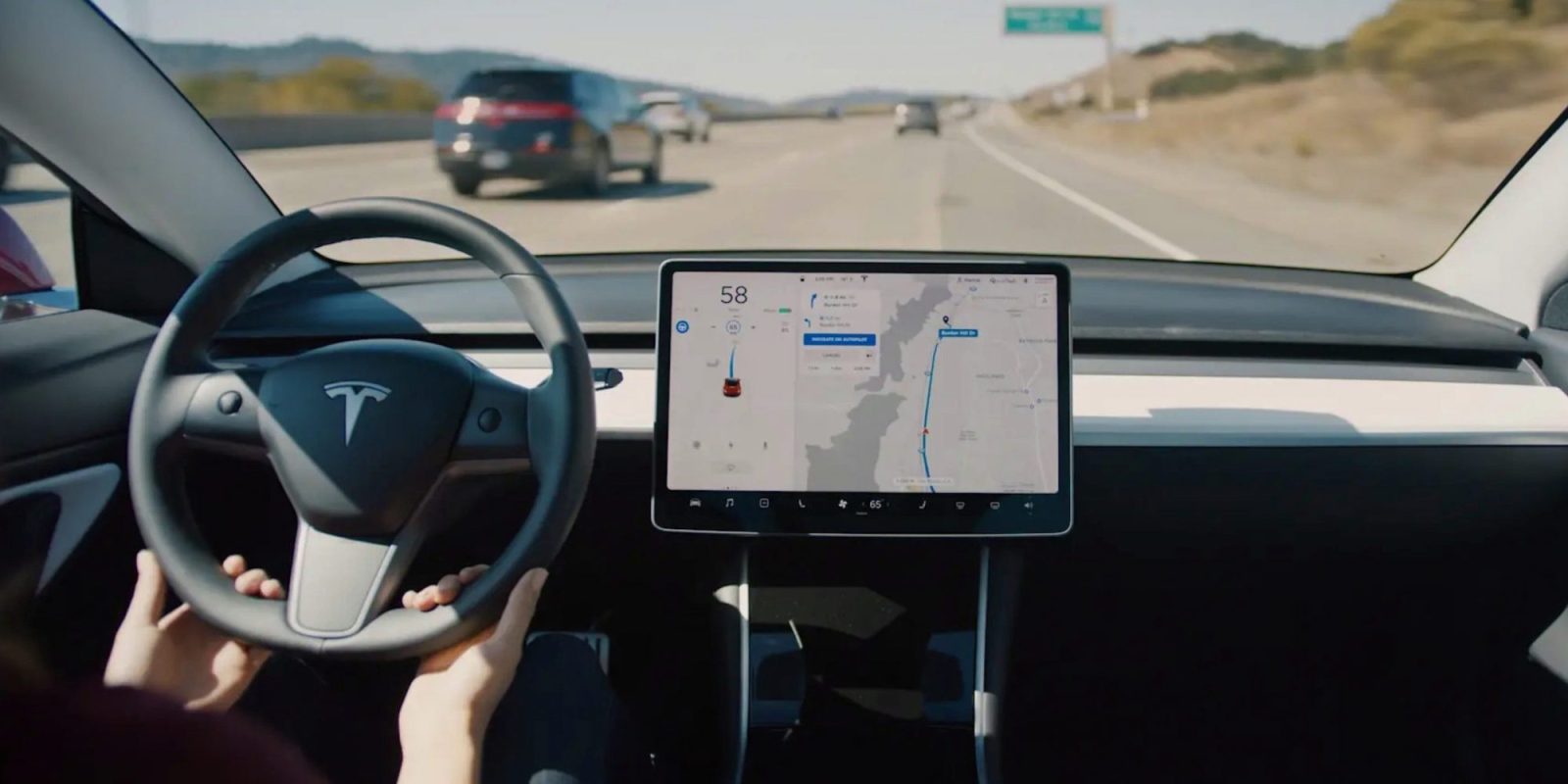
Tesla Autopilot finds itself once again under NHTSA investigation after the agency is now doubting the effectiveness over the 2-million vehicle “recall” last year.
As you may remember, Tesla and NHTSA announced a new “safety recall” of all Tesla vehicles equipped with Autopilot in North America last December.
The recall marked the conclusion of the NHTSA’s years-long investigation into crashes of Tesla vehicles on Autopilot into stopped emergency vehicles on the highway.
The “fix” to the “recall” is again an over-the-air software update.
In the defect notice, Tesla made it clear that it doesn’t agree with NHTSA’s findings of improper driver monitoring leading to these accidents, but it agreed to add more warnings and alerts when drivers are using the Autopilot features – hence the recall.
Now, a few months later, NHTSA seems to be having doubts about how effective the recall has been after new crashes have been reported and the agency was made aware of some concerns about the “remedy”.
NHTSA decided to open a new investigation. It wrote in the notice:
Tesla filed Recall 23V838 to address concerns regarding the Autopilot system investigated in EA22002. Following deployment of the remedy in Recall 23V838, ODI identified concerns due to post-remedy crash events and results from preliminary NHTSA tests of remedied vehicles. Also, Tesla has stated that a portion of the remedy both requires the owner to opt in and allows a driver to readily reverse it. Tesla has also deployed non-remedy updates to address issues that appear related to ODI’s concerns under EA22002. This investigation will consider why these updates were not a part of the recall or otherwise determined to remedy a defect that poses an unreasonable safety risk.
The agency says that the new investigation covers all Tesla vehicles in the US with Autopilot – just over 2 million vehicles.
Electrek’s Take
The original recall always felt like a compromise. The fact that Tesla didn’t agree with NHTSA’s findings and that the actual recall mainly consisted of mild increases in alerts looked like significant compromises on both sides.
Now, it looks like NHTSA is trying to push further.
I’m not sure what they mean by drivers having to “opt-in”. It might be due to some owners not having accepted the driver monitoring through the cabin camera? They would have to approve it to enable any change to the driver monitoring through the camera in the first place.
Honestly, the driver monitoring through the cabin camera is fairly strong now. You can’t look away from the road for more than 3 seconds without getting an alert. There’s an unfortunate way to bypass that, which I don’t want to popularize even though it’s widely known.
That might be part of what NHTSA is investigating now.
